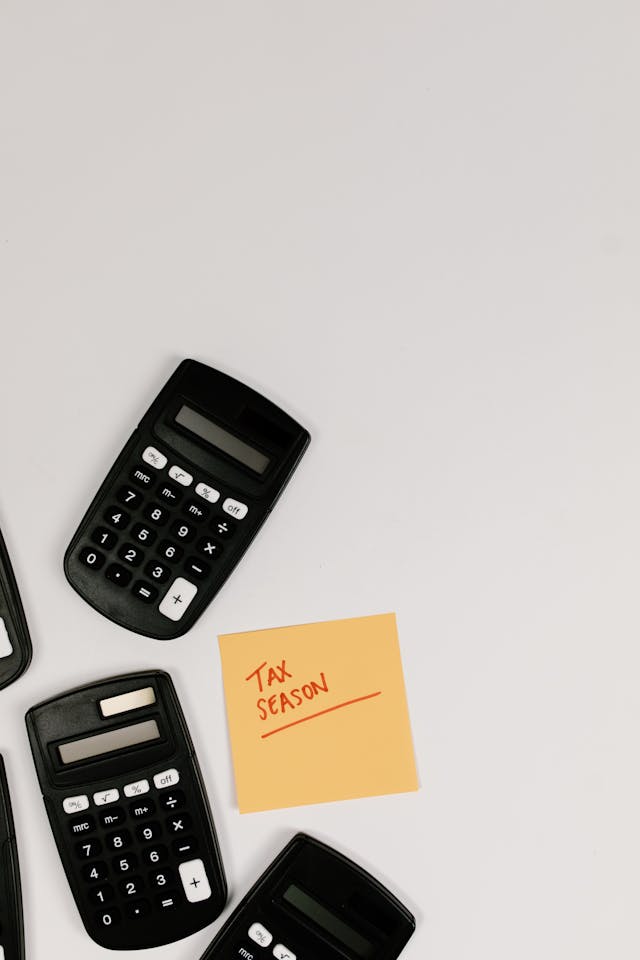If you own a small business, you already know that keeping track of your finances is key to long-term success. But beyond just recording income and expenses, have you ever wondered how much it actually costs to produce your product or deliver your service? That’s where cost accounting comes in.
Whether you’re looking for small business bookkeeping services in the USA or just trying to manage your own books, understanding what is cost accounting can help you boost profits, cut waste, and make smarter decisions. Let’s break it down in simple terms.

What is Cost Accounting?
Cost accounting is a financial process that helps businesses analyze, track, and control costs. Unlike general accounting, which focuses on profits and losses, cost accounting digs deeper into:
- How much does it cost to make a product or offer a service?
- Where can you reduce waste and increase efficiency?
- Are you pricing your products/services correctly?
It’s like having a financial detective inside your business, figuring out where your money goes so you can maximize profits.
How Cost Accounting Differs from Financial Accounting
Many small business owners confuse cost accounting with financial accounting. Here’s a quick comparison:
| Feature | Cost Accounting | Financial Accounting |
| Purpose | Analyzes costs for decision-making | Tracks overall business finances |
| Focus | Internal operations | External reports (e.g., taxes, investors) |
| Users | Business owners, managers | Tax agencies, investors, banks |
| Example | “How much does it cost to make one product?” | “How much profit did we make this year?” |
In short, financial accounting tells you how your business is doing overall, while cost accounting helps you understand where your money is going.
Why Cost Accounting Matters for Small Businesses

Many small businesses in the USA struggle with cash flow issues. One major reason? They don’t know the true cost of their products or services.
Here’s how cost accounting helps:
1. Better Pricing Strategies
If you don’t know how much it costs to make something, how can you price it properly? Cost accounting helps ensure you’re not selling at a loss or overcharging and scaring away customers.
Example: Sarah owns a bakery. After analyzing costs, she realizes her signature cupcakes cost $2.75 each to make, but she’s been selling them for $2.50. She raises the price to $3.50 and increases profits without losing customers.
2. Lower Expenses & Higher Profits
By breaking down costs, you can identify wasteful spending and find ways to save. Maybe you’re overpaying for raw materials, or maybe a particular service isn’t worth the effort.
Example: Jake, who runs a cleaning business, discovers he’s spending too much on high-end cleaning products. By switching to a bulk supplier, he reduces costs by 30 percent without compromising quality.
3. Stronger Decision-Making
Should you invest in new equipment? Hire more employees? Offer discounts? Cost accounting provides real data so you can make informed choices rather than guessing.
Example: A local coffee shop analyzes customer traffic and realizes they need more staff in the mornings but can cut down during slow afternoons. They adjust shifts and save on payroll costs.
4. Easier Budgeting & Forecasting
Knowing where your money is going helps you plan for the future and avoid financial surprises.
Example: A boutique clothing store tracks seasonal sales trends and adjusts inventory purchases accordingly, preventing overstock and wasted money.
Types of Costs in Cost Accounting

To get the full picture, cost accounting breaks costs down into categories:
Fixed Costs (Stay the Same)
These don’t change, no matter how much you produce. Think:
- Rent
- Salaries
- Insurance
Example: A salon pays $2,000 in rent every month, regardless of how many clients they serve.
Variable Costs (Change Based on Production)
These increase or decrease depending on your sales or production. Examples:
- Raw materials
- Packaging
- Shipping
Example: A T-shirt business spends more on fabric and ink when they receive a surge in orders.
Direct Costs (Linked to a Product/Service)
If you make custom furniture, wood and labor are direct costs.
Example: A freelance photographer’s direct costs include camera equipment rental and printing services for clients.
Indirect Costs (General Business Expenses)
Costs that support operations but aren’t tied to a specific product, like:
- Utilities
- Office supplies
- Software subscriptions
Example: A digital marketing agency’s indirect costs include subscriptions to SEO tools and cloud storage.
15 Frequently Asked Questions About Cost Accounting

1. Is cost accounting necessary for small businesses?
Yes. Understanding costs helps you set profitable prices, reduce expenses, and make smarter financial decisions.
2. How do I start cost accounting for my small business?
Begin by tracking all expenses, categorizing costs, and using accounting software to analyze financial data.
3. Can I do cost accounting without an accountant?
Yes, but professional accounting services for small business in USA can help ensure accuracy.
4. What tools can help with cost accounting?
QuickBooks, Xero, and FreshBooks are popular accounting tools for small businesses.
5. How often should I review my cost accounting data?
At least once a month to ensure you’re making profitable decisions.
6. What’s the biggest mistake small businesses make in cost accounting?
Ignoring hidden costs like taxes, maintenance, and indirect labor expenses.
7. How can cost accounting help with tax planning?
By tracking expenses properly, you can maximize deductions and reduce taxable income.
8. Do service-based businesses need cost accounting?
Absolutely. Service providers must track labor, materials, and overhead to set the right prices.
9. Can cost accounting help with business growth?
Yes. It helps identify profitable areas and where to cut waste, making growth more sustainable.
10. What is break-even analysis, and how does it relate to cost accounting?
Break-even analysis determines how much you must sell to cover costs.
11. Can cost accounting help a business reduce debt?
Yes, by identifying areas where you can cut expenses and increase profits, helping you pay off debt faster.
12. How does cost accounting handle inflation?
Businesses should adjust cost structures as raw material and labor prices change.
13. What industries benefit most from cost accounting?
Manufacturing, retail, food services, and any business with variable costs.
14. How does cost accounting help with pricing strategies?
It ensures you’re not underpricing or overpricing products.
15. What should I do if my costs are too high?
Review expenses, negotiate better supplier rates, and streamline operations.
Final Thoughts: Make Every Dollar Work for You
Cost accounting isn’t just for big corporations—it’s a game-changer for small businesses. When you understand where your money is going, you can:
- Set better prices
- Reduce unnecessary expenses
- Make smarter financial decisions
- Boost your bottom line
If you’re not sure where to start, working with small business bookkeeping services in USA can help you set up an efficient cost accounting system. The goal is more profit and less stress.
Need help managing your small business finances? Reach out to an expert today.


